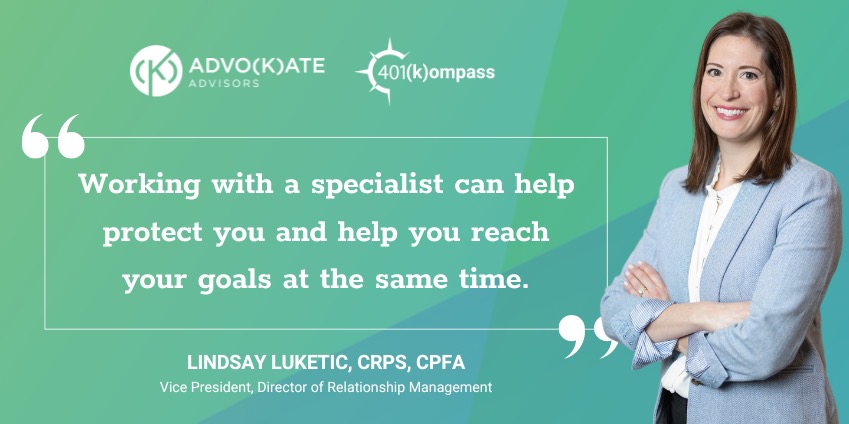With U.S. credit card debt recently soaring to a record high of $1.08 trillion,
retirement plan sponsors face a pivotal moment. This staggering amount, a
$48 billion escalation since the second quarter and a $154 billion increase
year-over-year, is a cautionary signal for Americans’ financial stability. The
compounding pressures of post-pandemic recovery and inflation have
pushed household debt to unprecedented levels, particularly affecting
minority groups and those with limited financial literacy. With hardship
withdrawals from retirement accounts also on the rise, the role of plan
sponsors has never been more essential. According to a 2022 Financial
Health Network report, nearly two-thirds of full-time workers employed at
large to midsize companies have at least one of three kinds of unsecured
debt: credit card, medical or personal loan. Additionally, half of employees
with debt stress spent an average of one hour of work time per week dealing
with debt-related issues. Moreover, 62% indicated they would be more likely
to remain employed at a company that offered useful debt-related benefits.
Traditionally, employers have focused on helping employees save for
retirement, but the landscape is changing. The role of plan sponsors is
evolving as they now recognize the need to address more immediate
financial concerns that can seriously undermine long-term savings. There is a
growing recognition that providing support for non-retirement priorities, such
as debt management and emergency savings, is crucial for the overall
financial health of employees. It can offer significant benefits for
organizations as well, including increased productivity, lower health care
costs, enhanced employee engagement and decreased turnover.
To navigate this shifting terrain, employers are adopting a more holistic
approach to financial wellness. By offering resources and support that
address both present and long-term financial needs, they’re helping
employees build a more secure foundation for their future. Here are a
number of ways employers can help support workers’ financial well-being in
the face of historic levels of personal debt:
- Offer educational workshops on debt management.
- Furnish content in formats that are highly accessible including videos,
audio recordings and infographics. - Give employees access to one-on-one financial advising.
- Support emergency fund or student loan repayment plans.
- Promote HSAs to avoid medical debt.
- Provide online tools such as debt-payoff calculators.
- Encourage auto-escalation of retirement plan contributions to offset debt
impacts.
Employees with higher levels of total debt and lower incomes, as well as
women in general, were found to be less likely to have access to debt-related
benefits that could potentially assist them. Employers can play a crucial role
in leveling the financial playing field, providing equitable access to resources
that support debt management and financial stability for all employees,
regardless of income level or background. By addressing these disparities,
companies can foster a more equitable workplace and a more financially
resilient workforce.
Sources
- https://www.tiaa.org/public/institute/publication/2022/how-pandemic-altered-
americans-debt-burden-and-retirement-readiness - https://www.msn.com/en-us/money/personalfinance/us-credit-card-debt-hits-
an-all-time-high/ar-AA1jyibU - https://www.forbes.com/sites/brianmenickella/2023/11/01/financial-distress-
leads-to-surge-in-early-401k-withdrawals-bank-report-shows/?
sh=3b2f15847fdc - https://finhealthnetwork.org/wp-content/uploads/2022/02/Employee-Debt-
Report-2022.pdf

